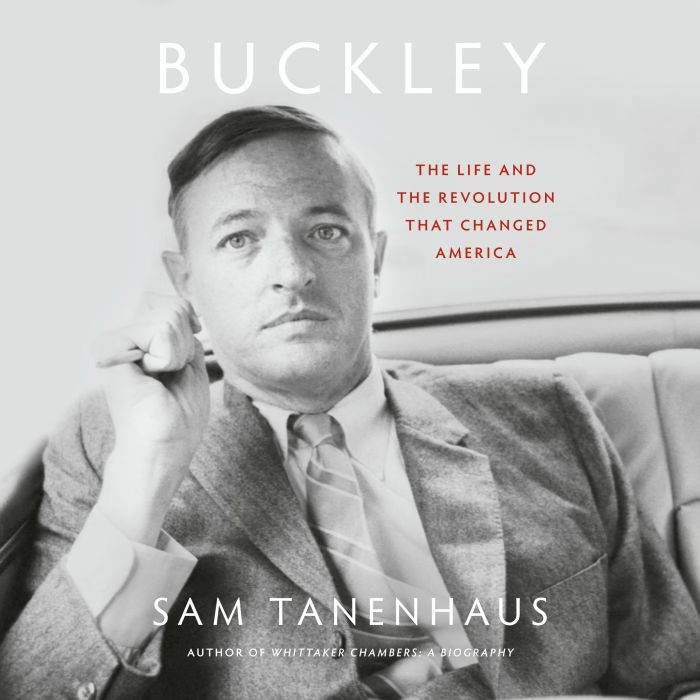William F. Buckley, Jr., CIA Spy
A new biography of the National Review founder explores his early role as an undercover CIA operative who later helped his one time agency boss Howard Hunt cover up Watergate
IN THE FALL OF 1951, a new book scandalized one of the country’s most elite universities and made its brash young author, William F. Buckley, Jr., an instant celebrity. God and Man at Yale was Buckley’s audacious debut, a withering attack on his alma mater for supposedly indoctrinating its students with liberal nostrums taught by atheist professors who ridiculed Christianity.
There were ferocious counter attacks from inside academia. “A twisted, ignorant young man,” McGeorge Bundy, then a Harvard professor, later President John F. Kennedy’s national security advisor, wrote of Buckley in a review in The Atlantic magazine. Life magazine was somewhat more charitable, likening him to “the brat who comes to the party and tells the guests that their birthday boy is secretly a drug addict.”
But for all the attention it got, helping to propel God and Man at Yale on to the best-seller lists, the press coverage left out one highly pertinent detail about this verbose new conservative author. At the time of the publication of his book, Buckley was secretly on the payroll of the CIA, an undercover officer working out of the agency’s Mexico City station, posing as a businessman trying to break into the import-export trade under the alias “Geoffrey T. Bolgiano.”




